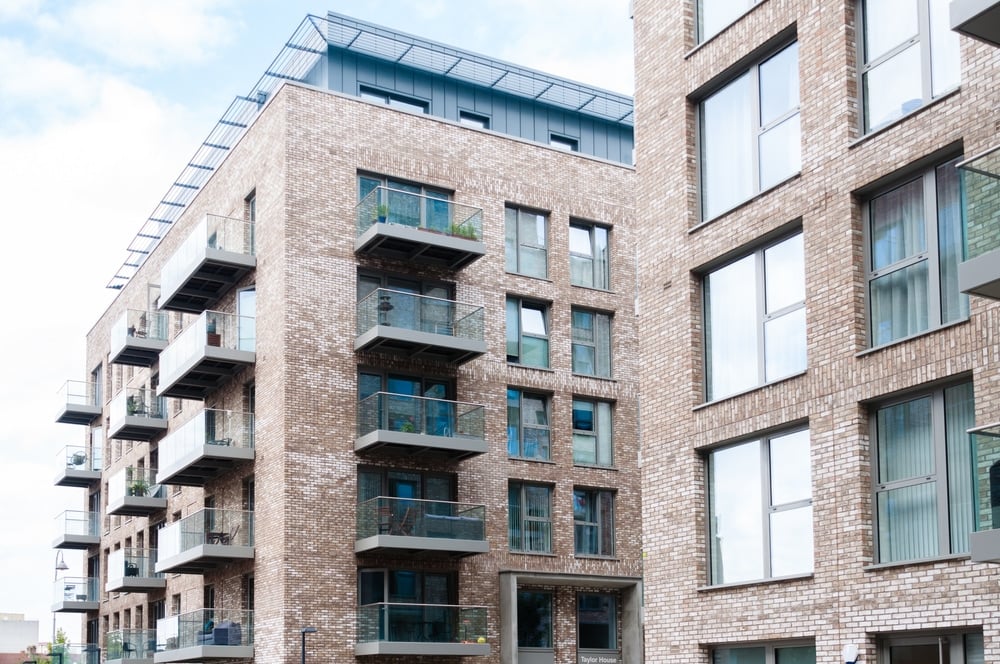Days
Hours
Minutes
Seconds
May 1 2026 - Renters' Right Act Commencement Day
You have 0 days to:
Serve any final Section 21 notices
Stop accepting above-asking rent offers
Prepare for the rental bidding ban
Remove “No DSS” from adverts
Remove “No Children” from listings
Show one clear rent price
Stop using fixed-term agreements
Switch to periodic tenancy templates
Check which tenancies go periodic
Stop taking rent before signing
Take no more than one month’s rent
Move all evictions to Section 8
Train staff on new notice rules
Create Section 13 process flow
Add two months to rent reviews
File court claims for Section 21s
Update landlord move-in grounds
Update landlord selling grounds
Send the RRA Information Sheet
Create written terms where missing
Update How to Rent processes
Review tenant screening questions
Update pet request processes
Stop backdating rent increases
Discuss rent protection backbooks
Act now before it is too late...
How can you protect against potential damage to your landlord's property
The Tenancy Deposit Scheme outlines what your agency can do to help protect your landlords' property against potential damage.
Tenancy Deposit Scheme
Mar 29, 2023
When it comes to managing a property on behalf of your landlord, your agency is responsible for protecting their investment. Although everyone has heard horror stories about tenants causing damage to the property, the reality is that most tenancies are successful and without issue.
At the Tenancy Deposit Scheme, less than 1% of our tenancies end in a deposit dispute. As a letting agent, you can take measures to protect your landlord's property. Here are some best practices that you can use to safeguard your landlord's investment.
How can you protect against potential damage or negligence?
Deposit protection services are designed to protect both the tenant's deposit and the landlord's investment. To ensure that both parties are safeguarded, the tenancy agreement plays a crucial role.
It's essential to clearly outline the tenant's responsibilities in the tenancy agreement, as this will serve as the cornerstone of any argument you may have regarding deposits and compensation.
While you can't dictate lifestyle in your tenancy agreement - such as necessarily banning activities such as parties - you can require the tenant to maintain the property in the same condition as at the start of the tenancy, wear and tear excepted, and to repair any damage made during the tenancy.
The best policy to protect your landlord’s property is to encourage open communication with your tenants throughout the tenancy, and having a very thorough check-in/out and inventory report.
How can you justify a claim against the tenant’s deposit?
The burden of proof lies with the landlord. The money belongs to the tenant and is held by the landlord or letting agent against the tenant’s obligations under the tenancy agreement.
The starting point is therefore to show that the tenant had a contractual obligation, and that they breached that obligation.
For example, there should be a clause which states that the tenant should maintain the condition of the property, supported with a check-in/check-out report showing that the condition deteriorated beyond wear and tear.
Remember, most deposit deductions are not disputed by the tenant, but if dispute resolution is your only option, then ensure that you have ample evidence to support your claim.
How can you demonstrate that your claim is fair?
Another aspect to consider is the fairness of the claim itself. Our golden standard for alternative dispute resolution is that:
- Your landlord's claim should be reasonable. This means not claiming for an entire new kitchen for one broken cupboard door, or not claiming for an entire carpet because of one small stain.
- The amount of money that is being claimed for should be reasonable for that item. This means that asking for £5,000 to clean a carpet would be unreasonable. Essentially, the amount should reflect an accurate cost.
- Your claim must be reasoned. This means providing accurate evidence and a clear argument that will allow the adjudicator to clearly see that damage/negligence has occurred and the value of repairing/replacing.
As the onus of proof lies with the landlord, they must prove that:
- They have suffered a loss; and
- This was caused by the tenant or someone they were responsible for; and
- The tenancy agreement permits this loss to be recovered from the tenant’s deposit; and
They have evidence that allows the amount of loss to be worked out in monetary terms (‘quantified’ in legal parlance).
Landlords should also be made aware that adjudicators will not allow "betterment".
This means that a claim may be rejected, or the amount adjusted, if they feel that the award requested would put the landlord in a better position than they would have been in, had the damage/negligence not occurred.
When should you start to gather evidence?
Being prepared from before the start of the tenancy will put you in good stead with future disputes - and not just for adjudication purposes.
Most disputes can be resolved by the parties themselves. Having clear information about the condition of the property at the start and end of the tenancy, and sharing that information with the tenant(s), will go a long way to getting the tenant’s agreement and avoiding the disputes process.
Fostering a good relationship is priceless when it comes to helping to protect your landlord’s investment. The Tenancy Deposit Scheme strongly believes that communication is the key to successful tenancies. However, a carefully crafted tenancy agreement is also key.
TDS API and Goodlord have integrated, saving agents up to 10 minutes per tenancy registration.




.jpg)
-min.jpg)
